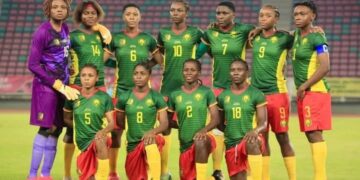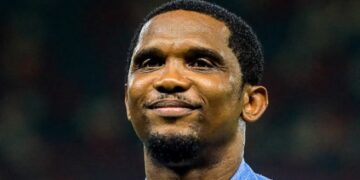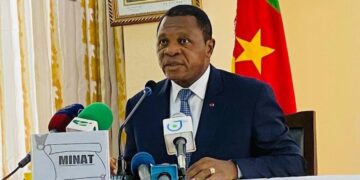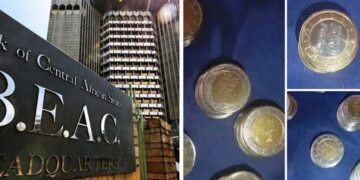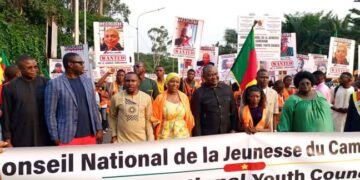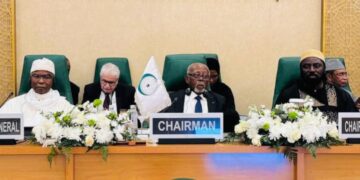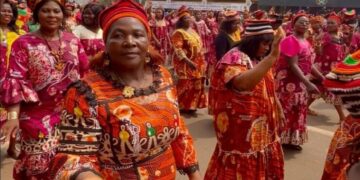The Yaounde chapter of Cameroon Association of English-Speaking Journalists, CAMASEJ, gathered at the head office of Central Media Communication and Technologies, the parent company of L’Etudiant and The National Post newspapers to commemorate the day yesterday.
Held under the theme “Radio and Climate Change,” the day recognized the role of radio as a medium for communication, education, and entertainment. CAMASEJ Yaoundé chapter organized a symposium on the topic “Radio as a Tool for Public Political Education: Evolution and Challenges.” The objective was to contextualize the theme to align with Cameroon’s political landscape. “The Yaoundé chapter of CAMASEJ converged here to observe World Radio Day under the theme ‘Radio and Climate Change.’ We slightly adjusted the theme to reflect our political environment and climate because we recognize the significant role radio plays in shaping our communities. This is a crucial year, as it marks the presidential election, and radio will be essential in educating the masses.
It was our responsibility to bring our members together—many of whom are radio and TV journalists—to remind them of the power they hold through radio. With radio, you can build; with radio, you can lead. This is an opportunity for journalists to contribute to nation-building, just as their predecessors have done,” explained Ajumane Francis, President of the CAMASEJ Yaoundé branch. The symposium focused on the role radio plays during an election year, particularly in political communication, voter education, and public engagement. Guest speaker, veteran broadcaster and journalism trainer, Samson Websi, emphasized the necessity of creating specialized programs tailored to the electoral period. “The theme was how radio can help during the electoral period. We are in an electoral year, and radio will have a central role in the communication strategies of political actors.
So, we discussed what role radio in Cameroon can play to ensure that citizens, especially young people, are engaged and well-informed. We highlighted the need for creativity—developing programs that interest young people, as many of them are not currently engaged in politics. Radio must create interactive content that encourages youth participation in the electoral process. Since radio is the most widely accessible medium in Cameroon, even in remote rural areas where television signals may not reach, it has a unique responsibility in fostering political awareness.”
Integrating Digital Media into Radio
As part of the discussions, journalist and media enthusiast Giyo Ndzi who was part of the guest speakers addressed the relationship between digital media and traditional radio. He highlighted the need for integration between the two platforms to expand audience reach. “So, the first thing is that digital media simply provides an extension of radio, of audience for radio, because they are not in competition. Both entities are supposed to be complementary, and what we need to do as a people is to adopt the system, the digital system. We should take our radio programs online, and we should take our online programs to the radio. That permits us to reach a diverse audience. We are able to reach younger people, older people, people of all age groups regardless of where they are,” he stated.
He also noted the advantages of digital adaptation, including increased audience engagement, improved security for radio personnel, and content sustainability. Digital access allows radio stations to continue broadcasting even in areas affected by power outages. “A lot of times when you’re in a community and there’s no power, the radio can’t play except you buy a generator, which you need fuel for and all that. But with digital, you just need the internet, and you’re good to go,” he added. He emphasized the importance of making radio content available on social media platforms. “These days, a lot of young people are on TikTok. Take your radio to TikTok. Take your radio to websites. Take your radio to Facebook and social media.
That’s essentially what we were saying here today. Radio can’t die. I just think it’s about the form changing, and we need to learn to adapt it.” The event concluded with a family picture to immortalize the day.






























